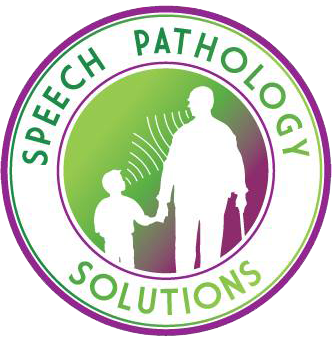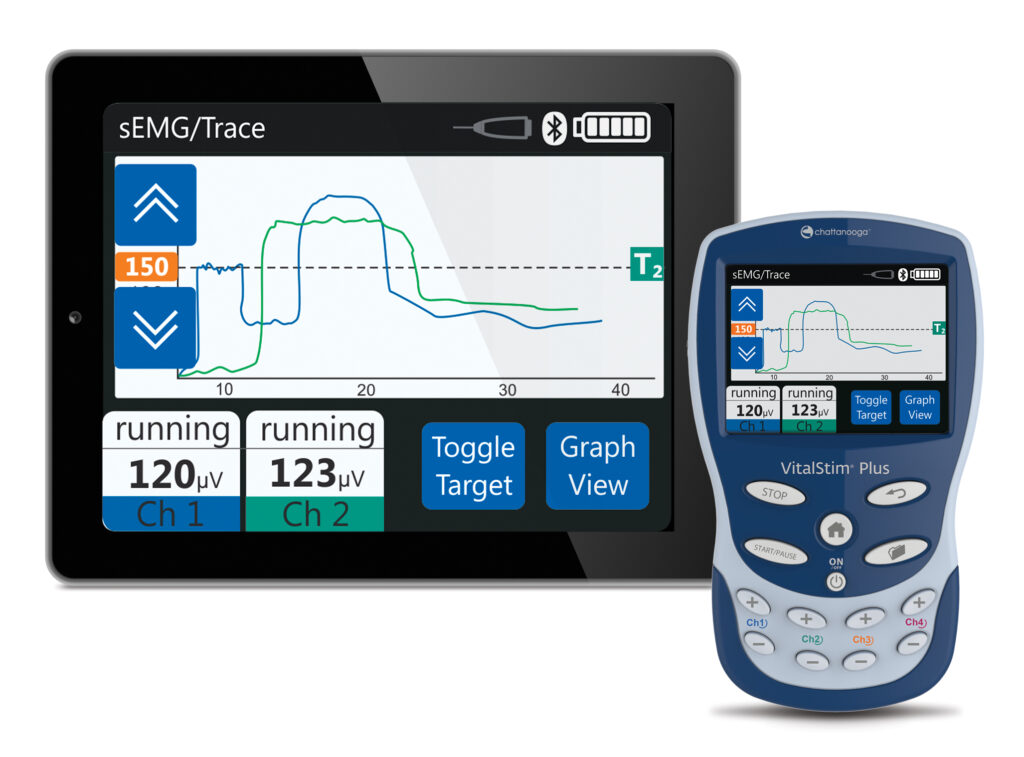AAC Devices – Enhancing Communication Through Technology
Technology has become instrumental in helping speech therapists overcome numerous communication challenges. Augmentative and Alternative Communication (AAC) devices stand out as a significant innovation, offering a voice to those who struggle with speech and language impairments. This transformative impact of AAC devices can not be understated, though many might not know how they enhance communication […]
AAC Devices – Enhancing Communication Through Technology Read More »










